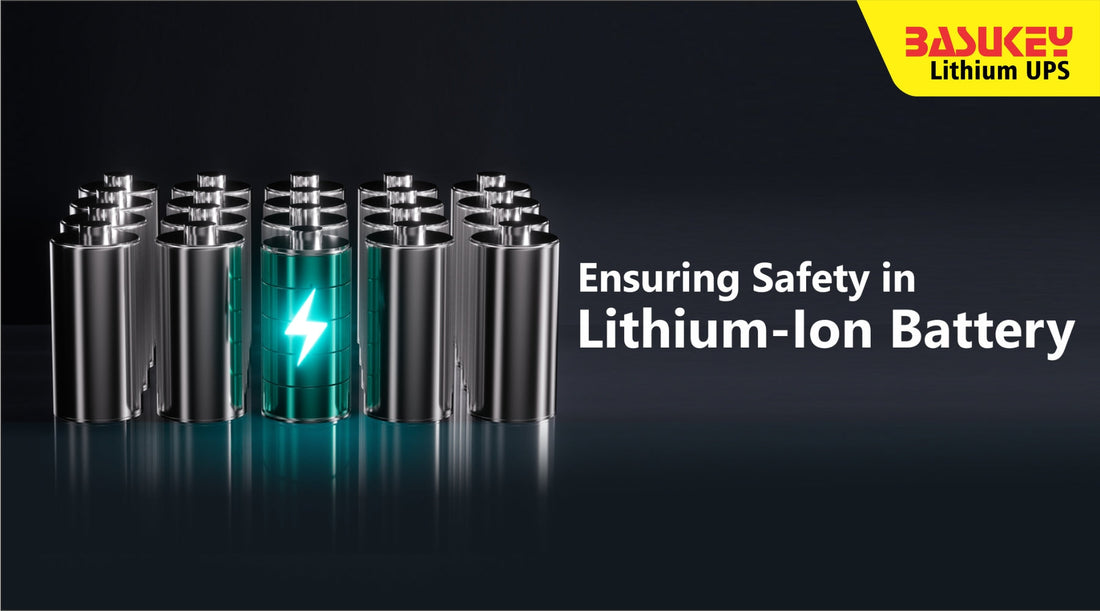
Lithium-ion UPS: Powering the Future of Energy Storage
Share
Lithium-ion UPS systems are revolutionizing the way we store and utilize energy. These cutting-edge systems offer a host of benefits that make them a superior choice for a wide range of applications.
What makes Lithium-ion UPS systems stand out?
Compared to traditional lead-acid batteries, Lithium-ion UPS systems boast a longer lifespan, higher energy density, and faster charging capabilities. In fact, Lithium-ion batteries can retain up to 80% of their original capacity after 2,000 charge cycles, making them a cost-effective and reliable option for long-term energy storage.
Why are Lithium-ion UPS systems the future of energy storage?
With the increasing demand for renewable energy sources and the growing need for reliable backup power solutions, Lithium-ion UPS systems are becoming the go-to choice for businesses and homeowners alike. These systems offer seamless integration with solar panels, wind turbines, and other renewable energy sources, allowing for efficient energy capture and storage.
What are the key advantages of Lithium-ion UPS systems?
One of the key advantages of Lithium-ion UPS systems is their compact size and lightweight design. This makes them ideal for applications where space is limited, such as data centers, telecommunications facilities, and residential properties. Additionally, Lithium-ion batteries are known for their high energy efficiency, with some models boasting efficiency ratings of up to 98%.
How do Lithium-ion UPS systems contribute to a sustainable future?
By harnessing the power of Lithium-ion UPS systems, businesses and homeowners can reduce their carbon footprint and lower their energy costs. These systems help to optimize energy usage, minimize waste, and promote a more sustainable approach to energy storage and consumption.
Overall, Lithium-ion UPS systems are paving the way for a more efficient, reliable, and sustainable energy future. With their advanced technology and numerous benefits, these systems are set to play a crucial role in powering the future of energy storage.
